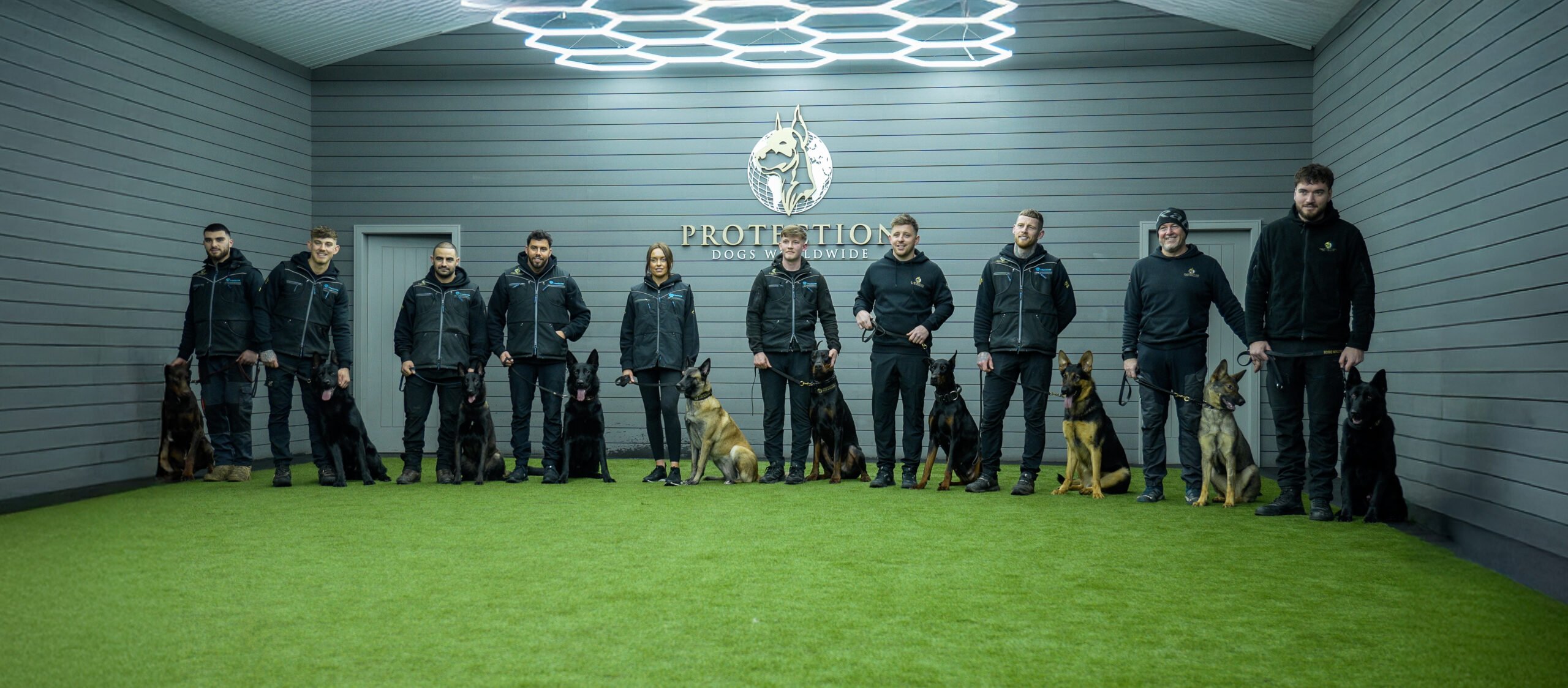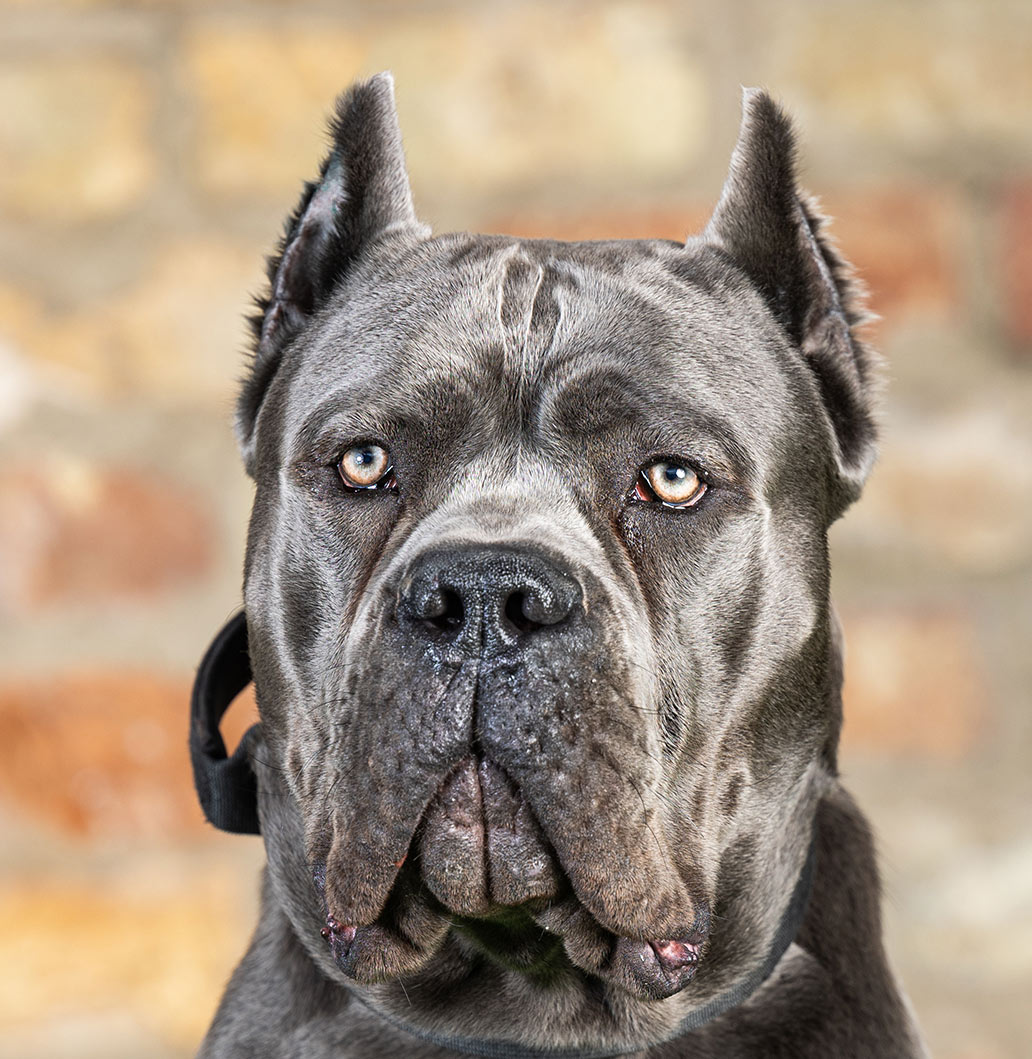18 April 2022
German Shepherd Dogs are a particularly popular breed for a reason. They are fantastic dogs to own, both as pets or working animals. Despite their working roots, they have adapted to home life and make excellent companion animals as well as protectors. As with all dogs, though, a senior German Shepherd will need more considered care as it ages. This blog will offer some advice about how you can best achieve this:
1. Invest time in understanding your dog’s health profile as a breed and an individual. Certain breeds are more prone than others to specific health conditions, i.e. Pugs and French Bulldogs can struggle to breathe in hot weather because of their facial structure. German Shepherds are commonly associated with developing hip and elbow dysplasia, anxiety, sensitive stomachs, and epilepsy. Although responsible breeding goes a long way in preventing such issues, they may still arise later in a German Shepherd’s life. By being aware of them as well as your own dog’s health baseline, they should be easy to spot and respond to if necessary
2. Manage expectations of what your dog is capable of as it ages. As dogs get older, they naturally lose their puppy-like energy but do often physically slow down once they reach middle-age (between 6-8 in human years). A degree of wear and tear, especially with joints, can be expected so even if your German Shepherd is from a working line, you may find their capacity and willingness to exercise begins to decrease. At this point, avoid pushing your dog to be as active as they were when younger as this may lead to avoidable injuries
3. Adapt your enrichment offerings so that your dog can still enjoy mental engagement and stimulation in a more age-appropriate way. German Shepherds are intelligent and social breeds, so they can still benefit from less active enrichment as they become older. Passive scentwork, slow sniff walks, and puzzles hiding treats are all good ideas, but simply being able to spend more time with its family and other dogs would also be extremely beneficial to the senior German Shepherd
4. Nutrition can play a key role in maintaining and promoting any dog’s health, especially as they age. This is best achieved with a combination of healthy feeds and careful nutritional supplementation. Canine nutritional supplements can offer a range of benefits, but one area senior dogs will almost always benefit from is improved joint health. German Shepherds are no different, and the best supplements to support joint health will likely contain a blend of collagen, glucosamine, and chondroitin. If in doubt, always seek advice from your vet
 English
English








